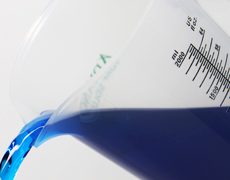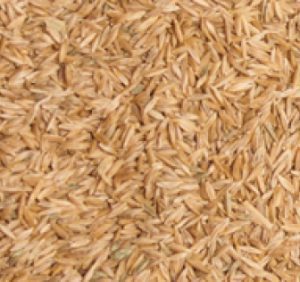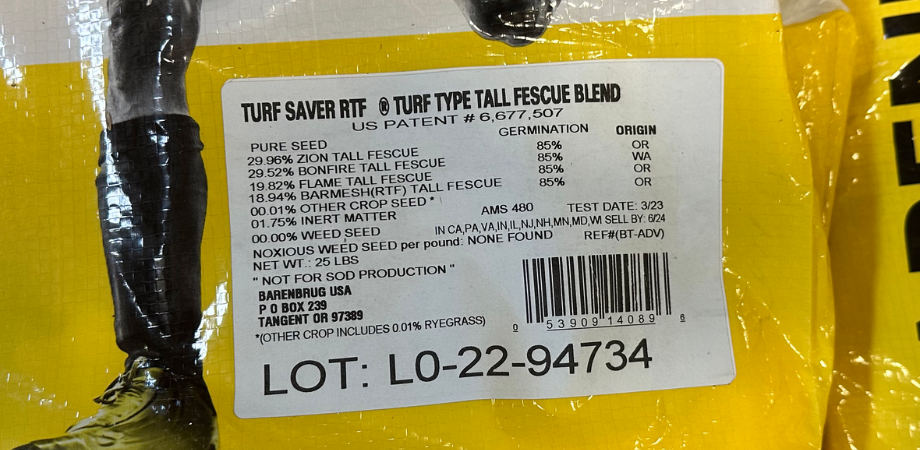As a lawn care operator, offering comprehensive pest control services can significantly enhance the value you provide to your customers. While mosquito treatments are often a top priority during the summer and fall, offering fly control services can address another pervasive problem, too—all in the same trip.
Helping Customers Understand Fly Treatments
Though mosquitoes often attract the most attention because they can carry Zika, West Nile, and other viruses/diseases, flies can also pose health threats to customers. The common housefly can be a hotbed of diseases—at least 65 of them—including cholera, tuberculosis, and even dysentery.
When flies appear, they are primarily attracted to food, garbage, and moisture. These three things will be present in essentially every residential and commercial property being treated, meaning this service can apply to any customer. Customers should know that flies can contaminate food, make spending time outdoors uncomfortable, and create an unhygienic environment. Once customers are made aware of all the risks that flies pose, they will have enough information to make a decision.
Non-Chemical Options
For customers that have decided to move forward with fly treatment, LCOs can implement several non-chemical practices to lower fly populations before using insecticides.
- Improve drainage: Aeration can help improve drainage immensely. LCOs can also encourage customers to purchase downspout extensions, which will channel water further away from structures.
- Clean up pet waste, refuse, etc. (within reason): As part of the service, any outstanding waste surrounding the building that can attract flies should be removed. If the amount of waste is excessive, the property owner should contact a removal company.
- Set up sticky and/or UV traps near points of entry in buildings: While insecticides will certainly help control flies, these traps can take care of lingering ones.
Ultimately, customers will be responsible for maintaining a clean environment once you leave, but these steps will set them up for success.
Controlling Flies With Insecticides
BASF’s PT Alpine pressurized fly bait is an excellent choice for LCOs looking to provide quick, effective fly control for their customers. It comes in a conveniently small 16 oz spray can, dries clear, and leaves no odor. The bait formula contains dinotefuran (1.0%), which attracts flies and ensures rapid knockdown and control for up to 30 days.
Specifically, PT Alpine targets house flies, filth flies, lesser house flies, flesh flies, and small fruit/vinegar flies. Its pressurized formulation allows LCOs to make precise applications in areas where flies congregate, including garbage bins and outdoor patio areas. PT Alpine is an excellent complement to existing mosquito treatments and other pest control measures.
For customers concerned about traditional insecticides’ impact on the environment, EcoVia botanical insecticides can offer an effective, eco-friendly alternative. EcoVia MT and EC Botanical Insecticides offer broad-spectrum control of flies and other pests with minimal environmental impact. They are both classified as minimum risk 25(b) pesticides by the EPA, are a safer option for pollinators than other options, and are suitable for sensitive areas.
Next Steps
Whatever product(s) you choose to use, you can enhance your pest control services by offering fly treatments. Controlling mosquitoes and flies can help customers enjoy safer, more comfortable outdoor environments. If you’d like to learn more about fly control, reach out to your ATS rep. Need a rep? Find one here in seconds.












